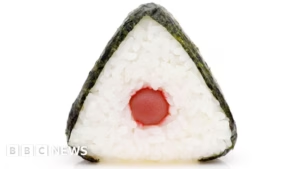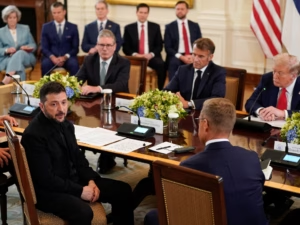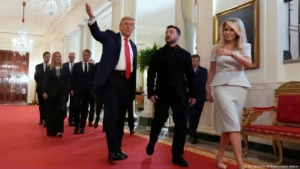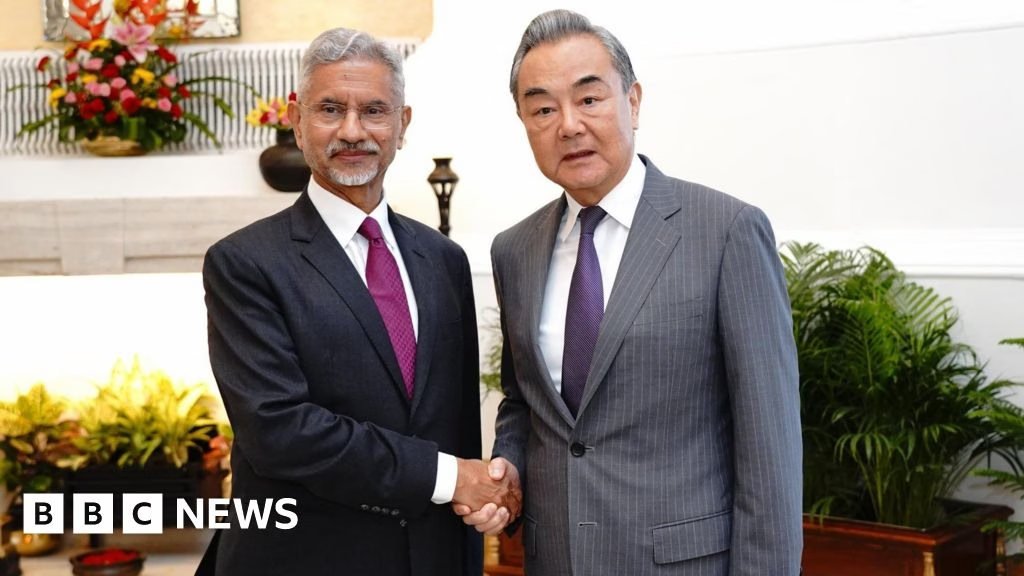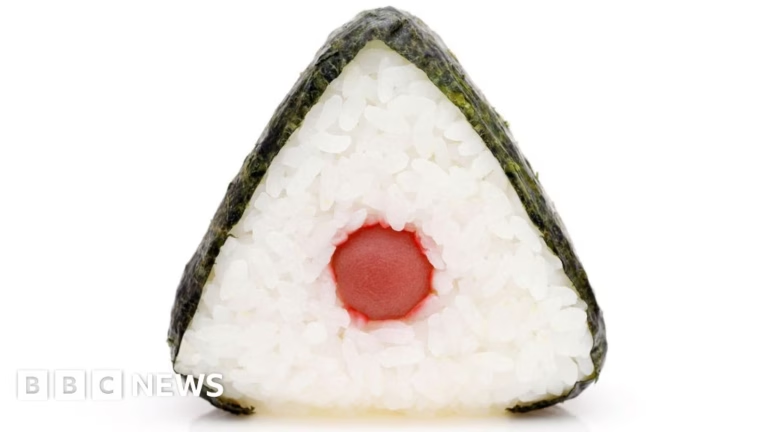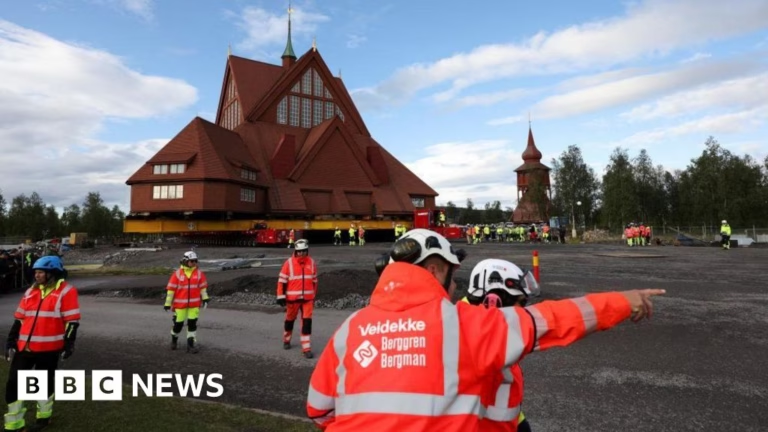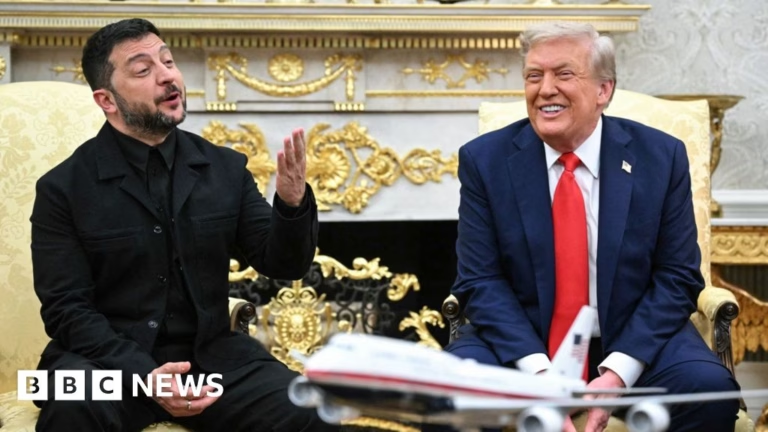India and China should regard each other as “partners” instead of “adversaries or threats,” according to Chinese Foreign Minister Wang Yi, as he began a two-day visit to Delhi. This is only the second meeting between the foreign ministers of the two countries since 2020, following fatal clashes in the Galwan valley in Ladakh, a disputed area on the Himalayan border, which resulted in a complete severance of ties.
Yi met with Indian Foreign Minister S Jaishankar and stated that relations between the two nations are now on a “positive path towards cooperation”, in anticipation of a meeting with Indian Prime Minister Narendra Modi on Tuesday.
Relations between the nations seem to be on the mend, as both governments are attempting to “move forward from a difficult period in our ties,” according to Jaishankar.
Yi and Jaishankar discussed a wide range of bilateral issues, including trade, pilgrimages, and the sharing of river data. Yi is also scheduled to meet with India’s National Security Advisor Ajit Doval for ongoing negotiations to resolve the border dispute between the two countries.
This trip is seen as the latest indication of a thaw in relations between the two nuclear-armed neighbors. In October of last year, India and China agreed on patrolling arrangements to reduce tensions along the disputed Himalayan border. Since then, both sides have taken a range of measures to normalize relations, including China allowing Indian pilgrims to visit key places in the Tibet autonomous region this year. India has also resumed visa services to Chinese tourists and agreed to resume talks to reopen border trade via designated passes.
There have been reports that direct flights between the two countries will be reinstated this year. Yi’s meetings are expected to lay the groundwork for Modi’s first visit to China in seven years later this month, to attend the Shanghai Cooperation Organisation (SCO) summit.
The improvement in relations comes at a time when India’s bilateral relations with the US are deteriorating. Earlier this month, US President Donald Trump imposed an additional 25% tax on Indian imports for purchasing oil and weapons from Russia, bringing the total tariffs to 50%, making it the highest in Asia.
According to Peter Navarro, White House Trade Advisor, “India is cozying up to both Russia and China.” “India is essentially acting as a global hub for Russian oil, converting embargoed crude into high-priced exports while giving Moscow the dollars it needs,” he said.
According to Jaishankar, discussions with Yi will include global developments. India seeks a “fair, balanced, and multipolar global order, including a multipolar Asia,” Jaishankar said. Reformed multilateralism is also the need of the hour, he added, stating that it is essential to maintain and strengthen stability in the global economy today.
Follow BBC News India on Instagram, YouTube, Telegram, and Facebook for the latest news updates.
Source: https://www.bbc.com/news/articles/c3v3ee0076no?at_medium=RSS&at_campaign=rss

